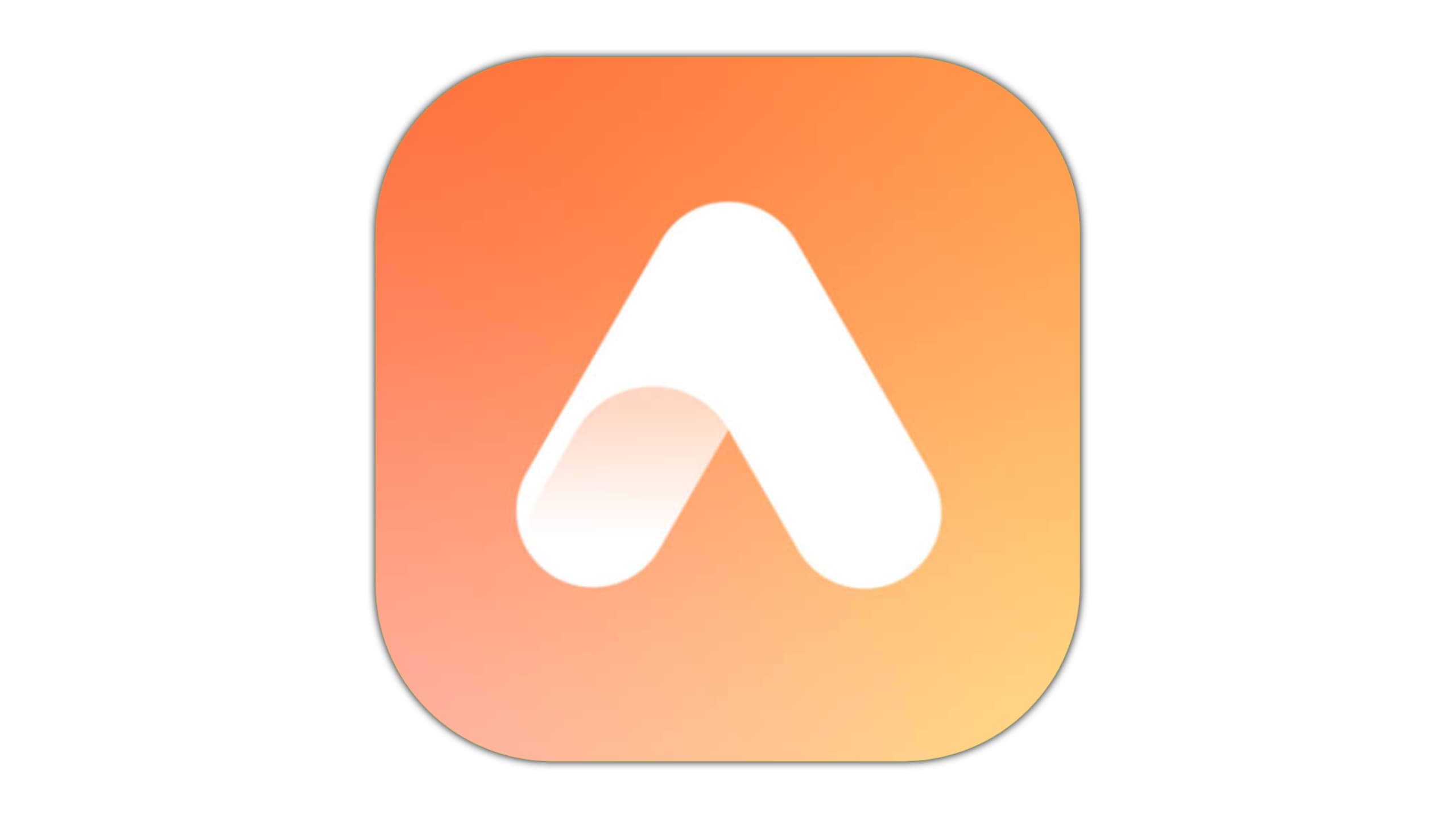The Benazir Income Support Program (BISP) is a significant social welfare initiative in Pakistan, established in 2008 to provide financial assistance to low-income families across the country. Named after the late Prime Minister Benazir Bhutto, BISP aims to reduce poverty and improve the economic conditions of underprivileged households through cash assistance and other supportive programs.
This article explores the structure of BISP, its impact on beneficiaries, and how individuals may leverage BISP and other government programs to supplement their income.
What is the BISP?
BISP was established as a direct response to rising poverty levels and economic hardships faced by families in Pakistan. It focuses on providing direct cash assistance to low-income households, aiming to improve their access to essential resources like healthcare, education, and basic necessities. Since its inception, BISP has become a central tool in Pakistan’s social safety net, reaching millions of families.
Key Components of the BISP
The Benazir Income Support Program is designed with several key components to enhance economic resilience:
1. Cash Transfers: BISP primarily provides cash assistance to eligible families, enabling them to meet immediate financial needs.
2. Educational Support Programs: Initiatives like the Waseela-e-Taleem program incentivize families to enroll their children in school, providing financial assistance for education-related expenses.
3. Healthcare Access: Although BISP does not provide direct healthcare, it enables beneficiaries to have better financial resources to afford medical treatments.
4. Vocational Training Programs: Training programs, like Waseela-e-Rozgar, equip members of low-income families with skills that can help them earn a living and reduce dependency on direct cash assistance.
Who Can Benefit from BISP?
BISP primarily targets households living below the poverty line, with a focus on providing assistance to women, who are often primary caregivers. The eligibility criteria for BISP include factors such as family income, household structure, and access to essential services.
To qualify, applicants undergo a screening process that assesses their socio-economic conditions. Once qualified, beneficiaries receive regular payments, which they can use for their basic needs.
Earning Opportunities through BISP and Related Programs
While BISP itself offers direct financial assistance, several other programs associated with BISP can help beneficiaries earn a stable income. Here’s how:
1. Vocational Training – The vocational training program is designed to empower participants with in-demand skills, enabling them to find work in fields like tailoring, IT, and carpentry. Graduates of these programs may then use their skills to secure employment or start small businesses.
2. Small Business Support – Through BISP, beneficiaries may be eligible for small loans or grants aimed at supporting entrepreneurial activities. Beneficiaries can use these funds to start small enterprises that generate a regular income stream.
3. Educational Programs – By encouraging families to keep their children in school, BISP is laying the groundwork for a more educated workforce. This, in the long run, helps create a generation equipped to secure higher-paying jobs and break the cycle of poverty.
How BISP Benefits the Economy
By directly targeting low-income households, BISP not only supports families but also strengthens the economy. Here are some key benefits:
Increased Consumer Spending: The regular cash assistance allows beneficiaries to spend on local goods and services, boosting the economy.
Reduction in Poverty Levels: With cash transfers and skill-building programs, families have a chance to earn a more sustainable income, reducing poverty in the long term.
Increased Access to Education and Healthcare: With funds directed towards schooling and healthcare, the next generation is likely to be healthier and more educated, creating a stronger workforce for the future.
Registering for BISP and Maximizing Income Potential
The registration process for BISP is straightforward:
1. Eligibility Check: Individuals need to visit the BISP website or local registration centers to check their eligibility.
2. Application Submission: Applicants must provide documentation to prove their financial need.
3. Receiving Payments: Once approved, beneficiaries receive payments through authorized distribution points.
Those who qualify for BISP can further increase their income by exploring other programs that offer training and support for income-generating activities. By participating in vocational training or small business support programs, individuals can learn skills that provide long-term income opportunities.
The Benazir Income Support Program (BISP) is an essential welfare program designed to alleviate poverty and provide financial support to low-income families across Pakistan. Beyond direct cash assistance, BISP opens doors to various income-earning opportunities, from vocational training to small business support. For beneficiaries, BISP offers both immediate financial relief and long-term pathways to financial independence, contributing to an economically stronger Pakistan.





